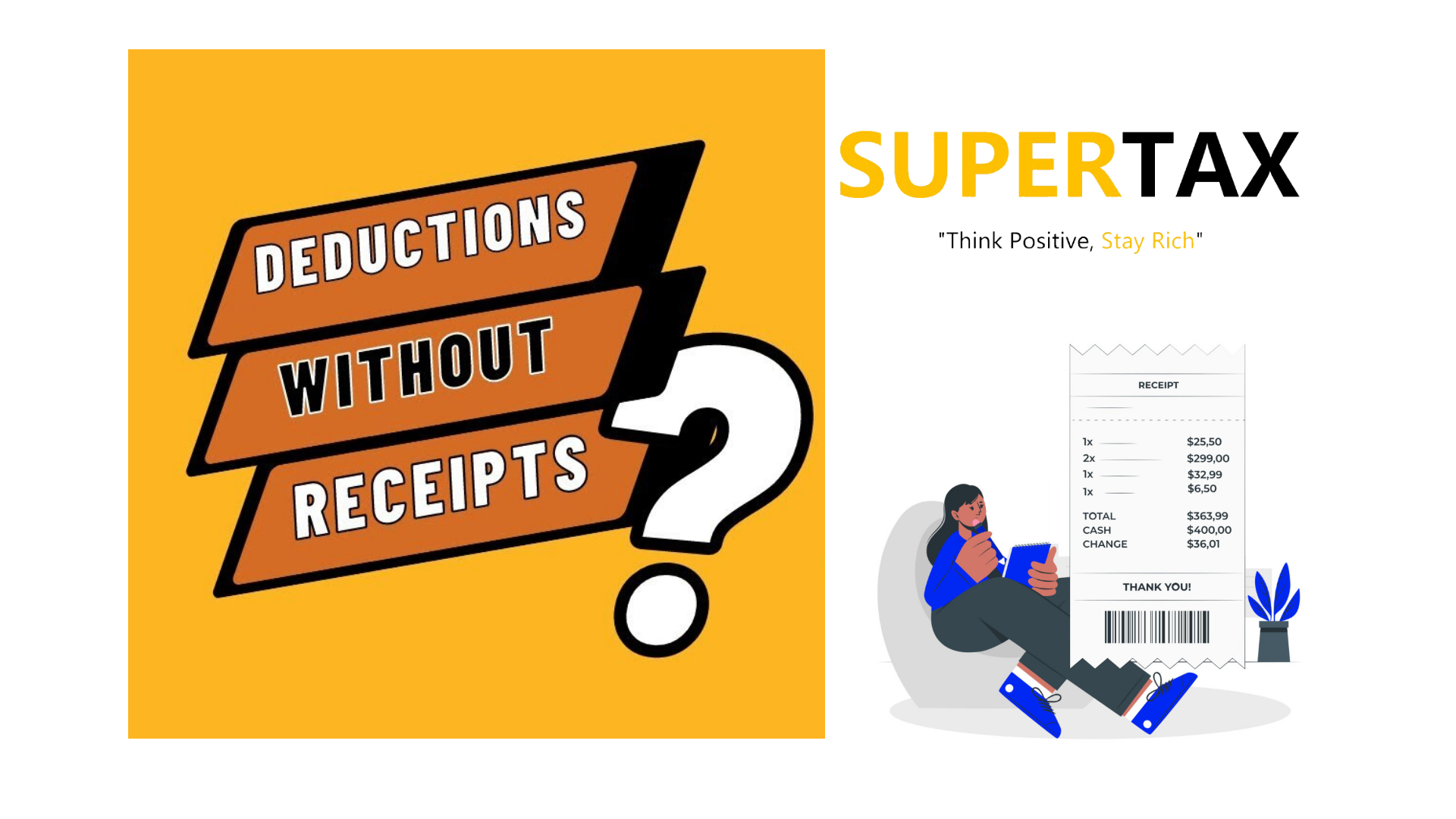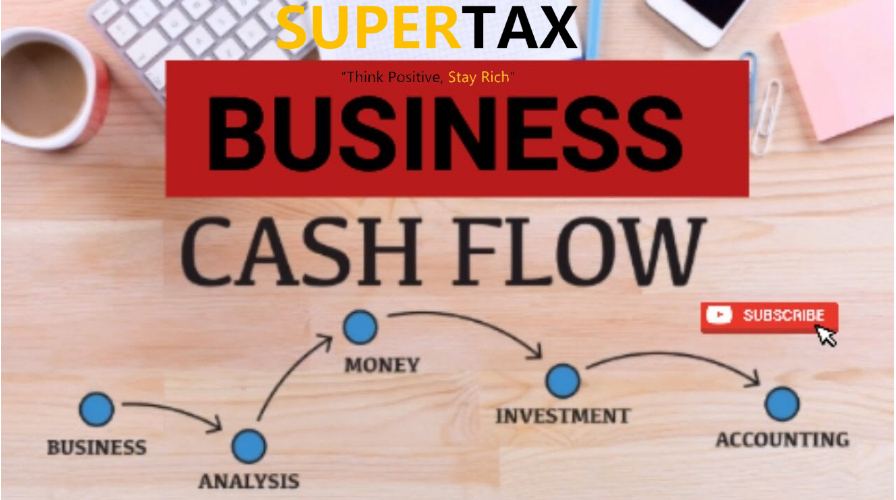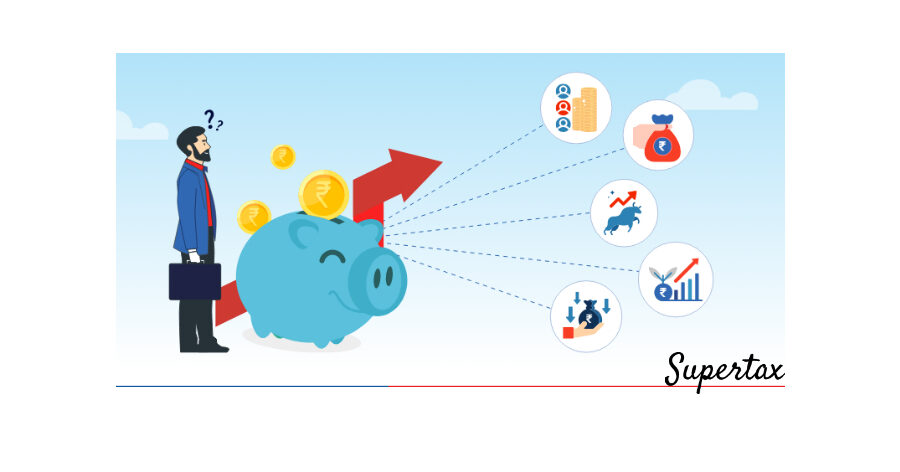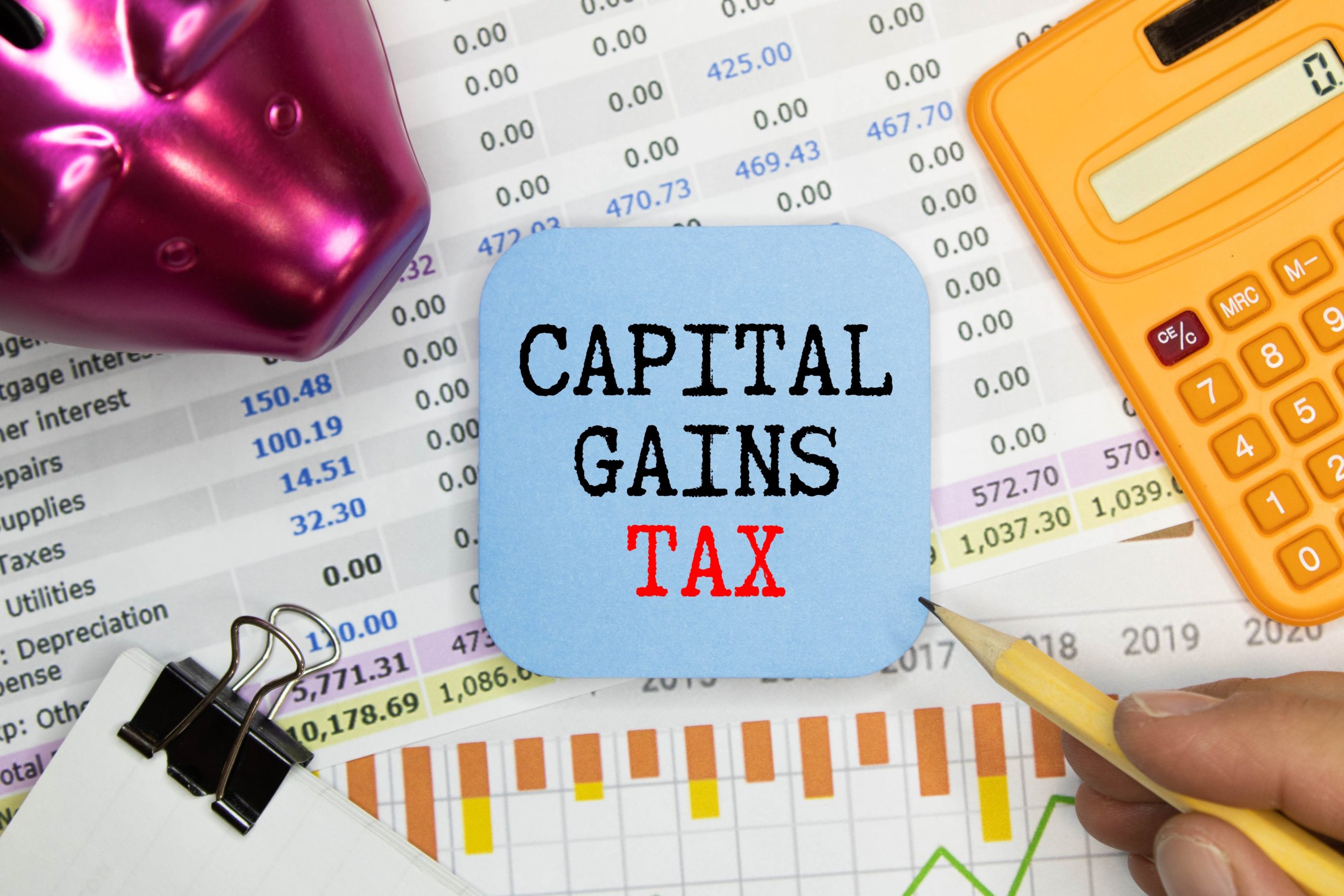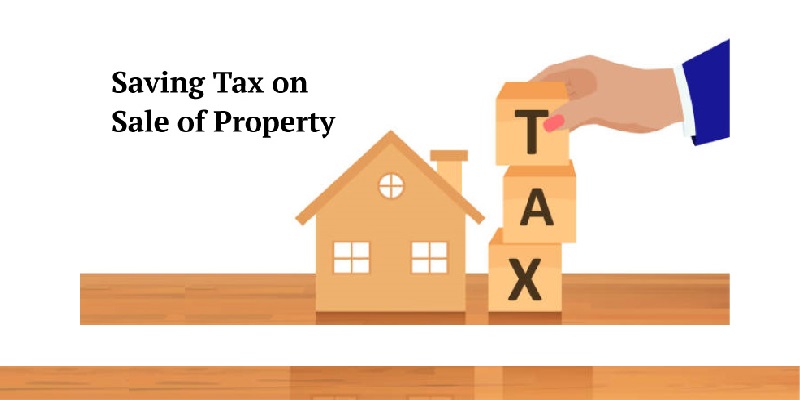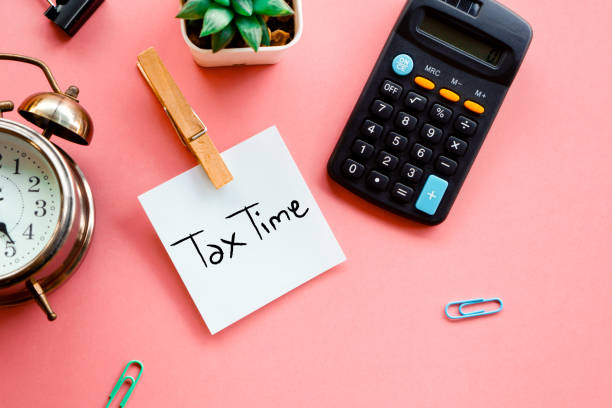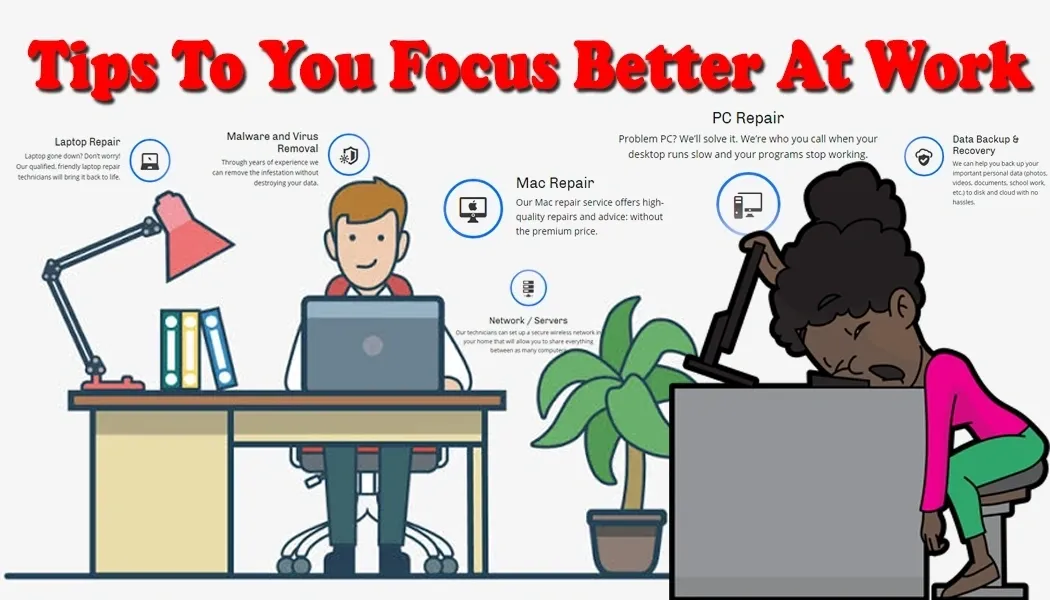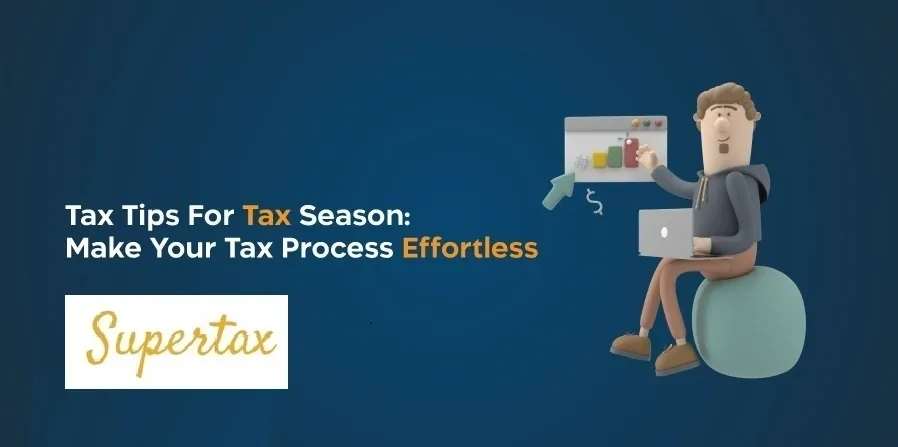Work From Home in 2025? Here’s How to Maximise Your Home Office Deductions
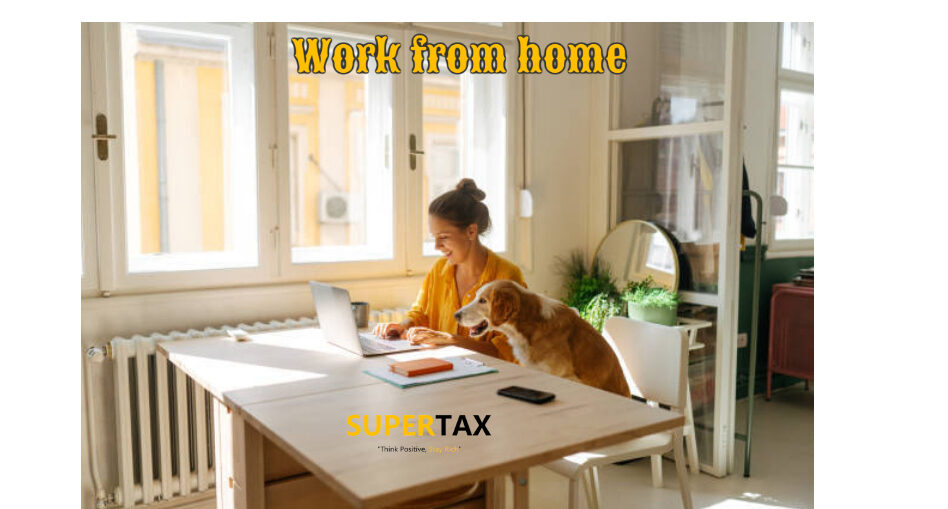
Remote work is here to stay—and for many small business owners and freelancers across Australia, home has become the new office. Whether you’re managing your business from a dedicated home office, the kitchen bench, or a quiet corner of the living room, understanding how to claim the right tax deductions is critical.
With the ATO’s updated rules for the 2024–25 financial year, now is the perfect time to review how working from home can impact your tax return.
🧾 ATO’s Updated Fixed Rate Method (From 1 July 2024)
The Australian Taxation Office (ATO) has increased the fixed rate for work-from-home deductions to 70 cents per hour (up from 67c). This revised rate covers:
- ✅ Electricity and gas (heating, cooling, lighting)
- ✅ Home and mobile phone usage
- ✅ Internet costs
- ✅ Stationery and computer consumables
This method is ideal for those who want a simplified calculation and don’t want to itemise every bill. It’s especially useful for sole traders and home-based business owners looking to save time and reduce complexity.
🗂️ What You’ll Need to Claim:
To use the 70c method, the ATO requires:
- A record of all hours worked from home (e.g., diary, timesheet, or roster — estimates are not accepted)
- At least one receipt or invoice for each type of expense (e.g., electricity, internet)
✅ Who Is Eligible to Claim?
You must meet all of the following:
- You work from home to fulfil business or employment duties (not just checking emails)
- You incur additional running costs from working at home
- You maintain records proving these expenses
Remember: performing occasional admin tasks at home doesn’t qualify—you must be carrying out substantial work duties from your home office.
🔍 Actual Cost Method – An Alternative Option
For those with higher home office expenses, the actual cost method could deliver a larger deduction—but it comes with more detailed record-keeping.
This method allows you to claim:
- Electricity and gas used for work
- Depreciation of home office furniture and equipment
- Internet and phone costs based on work use
- Cleaning of your dedicated home office
📝 You’ll need: itemised bills, percentage use calculations, and proof of work-related usage.
This method is ideal if you’ve made significant work-related purchases or have a fully set-up home office.
⚠️ Common Mistakes to Avoid
Even with a higher fixed rate, record-keeping is critical. The ATO now requires:
- Detailed logs of hours worked (from 1 March 2023, four-week estimates no longer accepted)
- Evidence of expenses incurred (receipts or bills for electricity, internet, stationery)
❌ Avoid these traps:
- Claiming expenses you didn’t pay (e.g., utilities bundled into rent)
- Failing to keep monthly invoices or work logs
- Overclaiming internet or phone usage without a business-use calculation
💡 Why This Matters: Real Value Adds Up
The increase from 67c to 70c per hour may sound small—but over time, it adds up.
📊 For example:
Working 40 hours a week from home for 48 weeks = 1,920 hours annually
1,920 hrs × 70c = $1,344 tax deduction
That’s a meaningful saving—especially for small business owners trying to reduce overheads and increase cash flow.
📈 Tech Tip: Use Smart Tools to Simplify Tax Time
Staying compliant doesn’t have to be a burden. With tools like automated accounting software, business owners can:
- Track hours worked from home
- Automatically categorise expenses (like electricity, internet, and stationery)
- Store digital receipts and invoices
- Generate reports that align with ATO deduction requirements
A well-set-up system saves time, reduces stress, and ensures you’re ready for tax time without scrambling for documents.
🎯 Final Thoughts from Supertax
As hybrid and remote work continues to grow, so does the opportunity to legally and effectively claim home office expenses. Whether you’re a freelancer, sole trader, or small business owner, knowing the rules—and using them to your advantage—can boost your refund and keep your tax return compliant.
At Supertax, we help small business owners like you get the most out of every deduction. From choosing the right method to record-keeping advice, we’ve got your back.
📞 Let’s Talk Tax – We’re Here to Help
Need guidance on which method to use or how to set up your home office for tax success?
Reach out to our expert team:
📧 info@mysupertax.com.au
📞 03 7074 8818
🌐 www.mysupertax.com.au
SuperTax – Where Expertise Meets Compliance.
